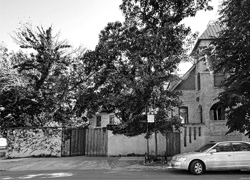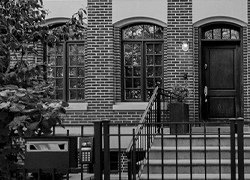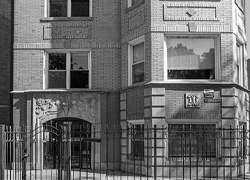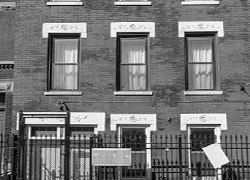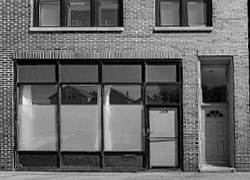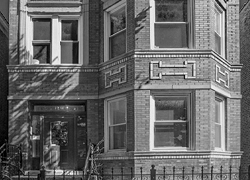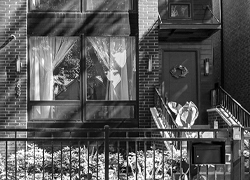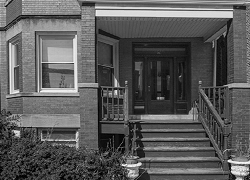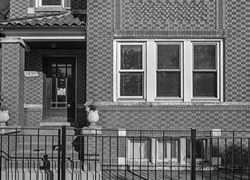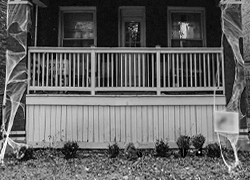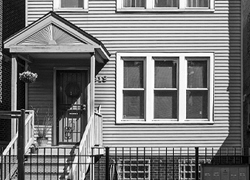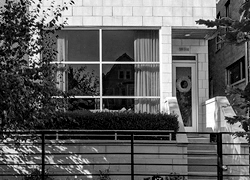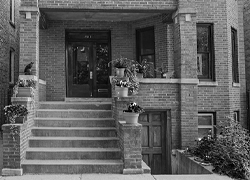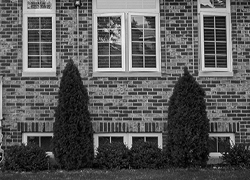Wilfredo’s first priority when working with a client is to understand the client’s perspective and motivation which allows him to develop an actionable strategy to achieve the objective. As an agent, owner, investor, developer, and landlord, he enjoys working with buyers, sellers, seasoned investors, and developers alike – everyone!



ABOUT WILFREDO
Wilfredo launched his career as a real estate broker in 1999, following ten years in retail banking and residential lending. Committed to a high level of service, accountability, and professionalism, he became one of Chicago’s Top one percent REALTORS® in volume and closed units. In 2001, Wilfredo was recognized by the Chicago Association of REALTORS® as the number one top-producing agent in Bucktown, Wicker Park and Logan Square for closed units.
Wilfredo’s approach is no-nonsense, and direct which is governed by his belief in full transparency. Many sellers, investors, and first-time buyers choose to work with Wilfredo because of his insight, experience, and track record for performance. Details matter to Wilfredo, and that coupled with his resourcefulness will prove to be pivotal in your real estate experience.
PASSION FOR REAL ESTATE
SERVICES
Whether you need to buy, sell, rent or build a new home from the foundation up, Wilfredo is confident you will be pleased with the results he can deliver. He can also help grow your current investment properties portfolio or help you plan for one.
VIEW OUR PAST
PROPERTIES
BUY
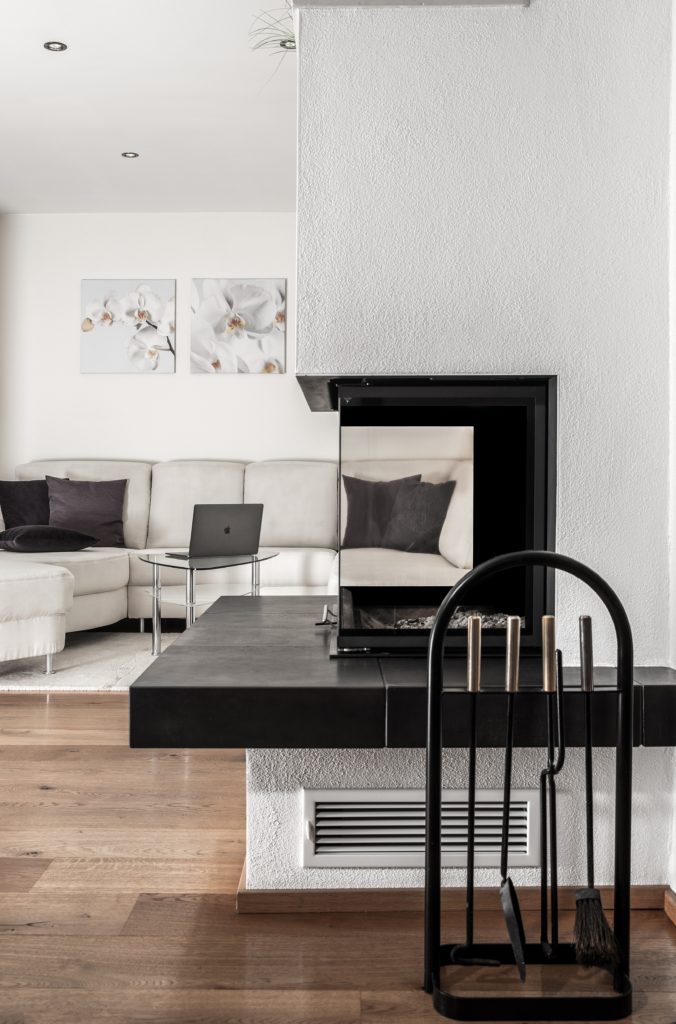
BUYING A HOME
This really depends on whom you ask. If you question a financial planner, they will probably assert, “Yes!” and pull out a spreadsheet showing the investment and tax advantages. If you ask your jet-setting friends, they’ll probably disagree emphatically, arguing that a home will leave you little time or money for exploration.The truth is, buying a home is a highly individual decision, dependent on a variety of lifestyle and financial factors. Ask yourself these questions to help determine if it’s right for you:
- How long can I stay in the area?
- Do I have time to maintain a home?
- Can I afford it?
- Do I want to personalize my living quarters as I please?
For many buyers, the phrases “handyman’s special” or “needs TLC” in a home listing are synonymous with the term “money pit.” But for savvy homebuyers that can see beyond a home’s present condition, a fixer-upper could potentially yield some profits down the road. If you’ve found a home that needs some renovation, ask yourself these questions before placing a bid:
- Is a fixer-upper worth salvaging?
- What is the home’s current and potential value?
Cosmetic improvements like new wallpaper and kitchen cabinets, or structural repairs like a new roof or rewiring are much different than gutting the entire first floor. Know what you’re getting into and how much mess you can tolerate. If a little drywall dust doesn’t bother you, but living in your basement for six months would, look for a dwelling that needs less extensive work.
If you’ve mortgaged less than what your home is worth, a home equity loan could pay for improvements. Low-interest government loans might cover renovation costs as well. Estimate your monthly costs for the mortgage and other loans, and make sure you can swing payments for both.
You may thrill at the idea of nailing shingles on a rooftop or re-plumbing the bathroom. On the other hand, if you hire a handyman whenever your living room needs repainting, factor in labor costs for even simpler improvements.
As with all investments, those that have the greatest potential for payoff are also the riskiest. But that’s what appeals to some buyers. A smaller outlay now could yield big rewards later, if you’re willing to take that chance.
SELL
SELLING YOUR HOME
After some thought and consideration, you come to the conclusion that it’s now time to sell your home. However, you’re wondering, among the myriad of options avalailable, which option will work best for you and your selling needs. Let me help!
A home is ultimately worth what someone is willing to pay for it. Everything else beyond that is an estimate of value. There are two main ways to estimate a property’s value. The first is an appraisal and the second is a comparative market analysis. It is recommended to do both and then to compare & contrast.
A certified appraiser performs an appraisal. This is an estimate of the value of a home at a given point in time. When an appraiser estimates your home’s value, they base in on several items. They take into account square footage, construction quality, the year the house was built, the design and floor plan, the neighborhood, availability of transportation, local shopping, schools, lot size, topography, view, landscaping, and any additions or updates.
We’ve all heard stories about lucky homeowners placing a “for sale” sign in the yard, opening their front door on a Sunday afternoon and receiving a full-price offer at the end of the day. If you’re thinking of selling your home, you might be lured by these successful “for sale by owner” stories. After all, you reason, why pay commission to a realtor, when you could keep the profits all to yourself? But the reality of FSBO listings is far less rosy than you might think.
Most of us grow accustomed to our home’s imperfections over time. A REALTOR® can see a house the way a prospect would. He or she may suggest some minor improvements, like fresh paint, new vinyl flooring or furniture arrangements that could help your home sell faster and for more money.

CONTACT


